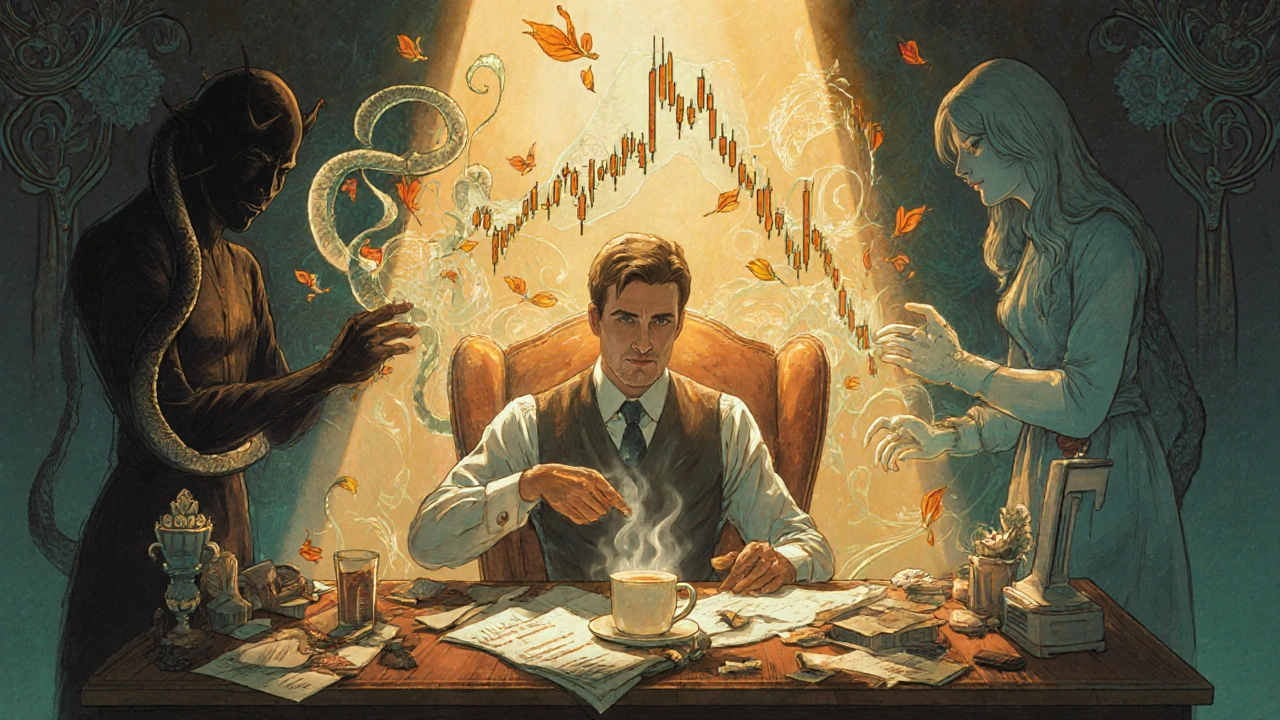Trading Journal: Track Your Moves, Improve Your Results
When you trade, your trading journal, a detailed record of every trade you make, including your reasoning, emotions, and outcomes. Also known as a trade log, it’s not about looking back—it’s about building a smarter version of yourself before you place your next order. Most traders skip this step because it feels boring. But the ones who stick with it? They stop guessing. They start knowing.
Think of your trading psychology, how your emotions, habits, and mindset affect your trading decisions. Without a journal, fear and greed run the show. You buy because you’re FOMOing. You sell because you’re scared. But when you write it down—why you entered, what you expected, how you felt—you start seeing the same mistakes over and over. That’s when change happens. Your trade analysis, the process of reviewing past trades to identify patterns, strengths, and weaknesses turns guesswork into strategy. You don’t need fancy software. Just a notebook, a spreadsheet, or even a simple app. Track your entry, exit, position size, and how you felt before, during, and after. Over time, you’ll spot what works and what’s just noise.
And it’s not just about wins and losses. Your trading discipline, the ability to stick to your plan even when emotions run high grows when you see your own patterns in black and white. Did you ignore your stop-loss three times last week? Did you double down after a loss because you "knew" the market would turn? Writing it down makes it real. It stops you from lying to yourself. You’ll start noticing how often you trade out of boredom, revenge, or hope—and that’s the first step to fixing it.
Look at the posts below. They don’t just talk about trading. They show you how to stop reacting and start responding. From paper trading transitions to risk controls and emotional traps, every article here ties back to one truth: your biggest edge isn’t your strategy. It’s your awareness. And that starts with a journal.
